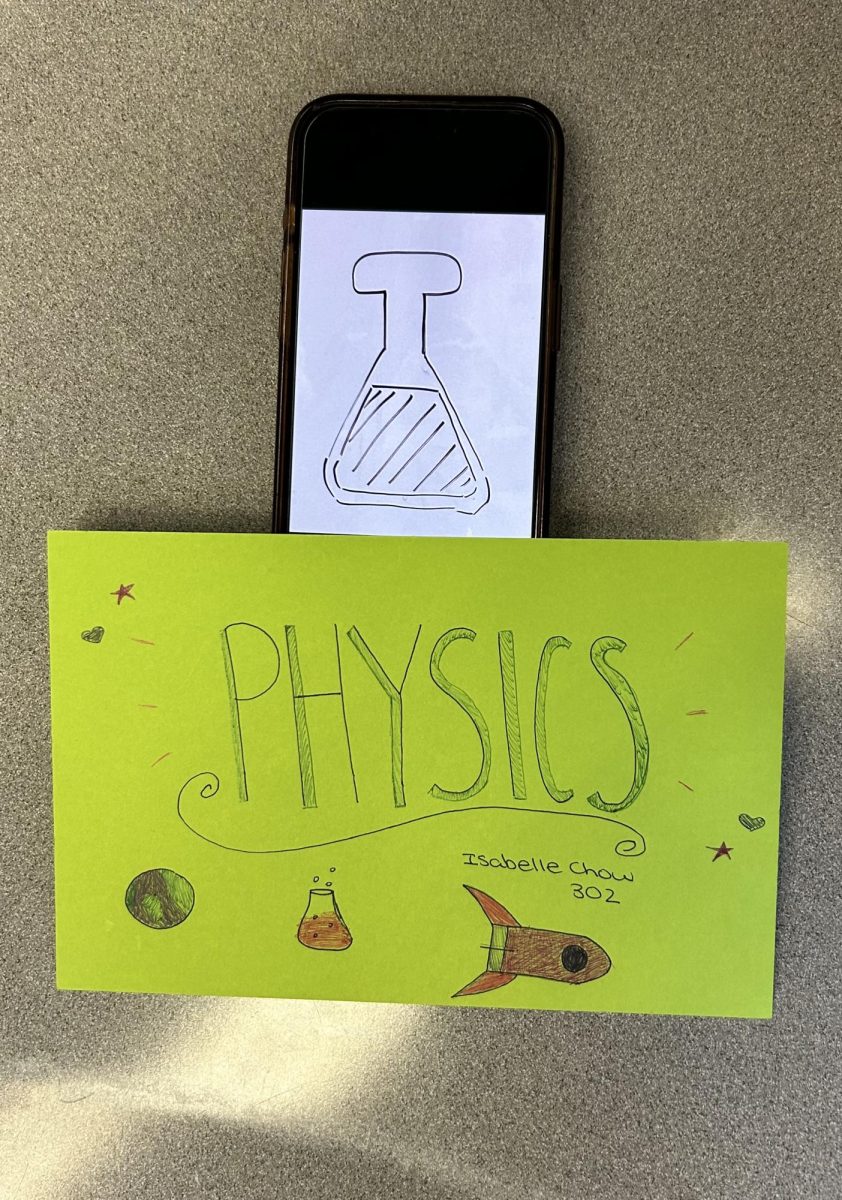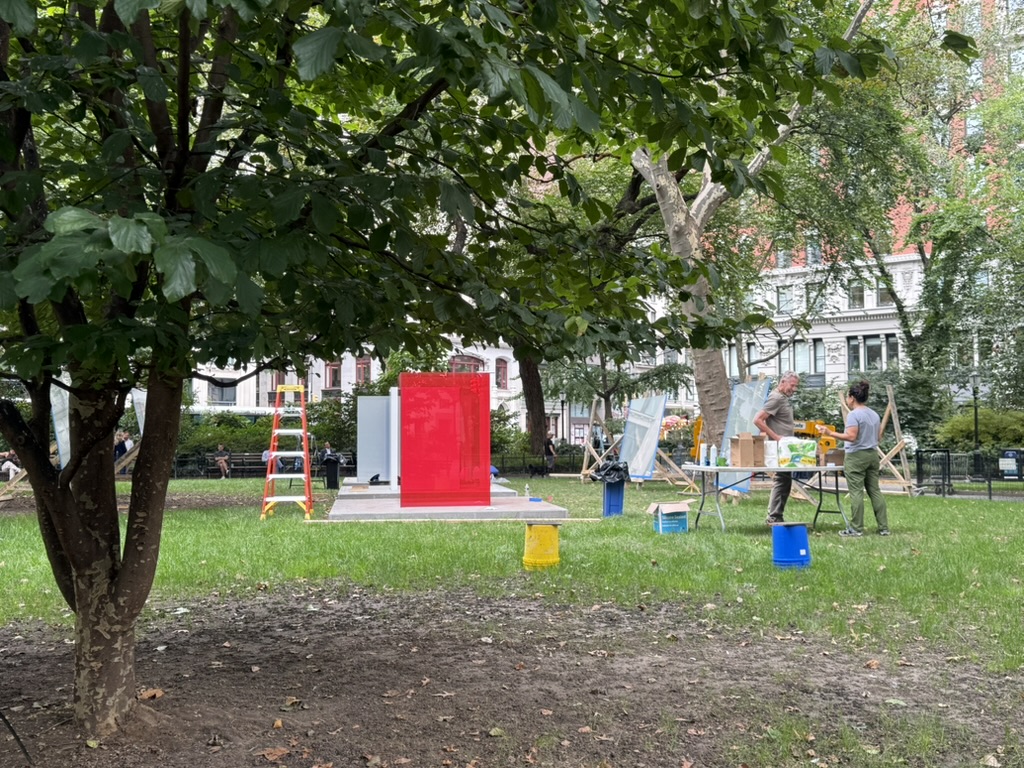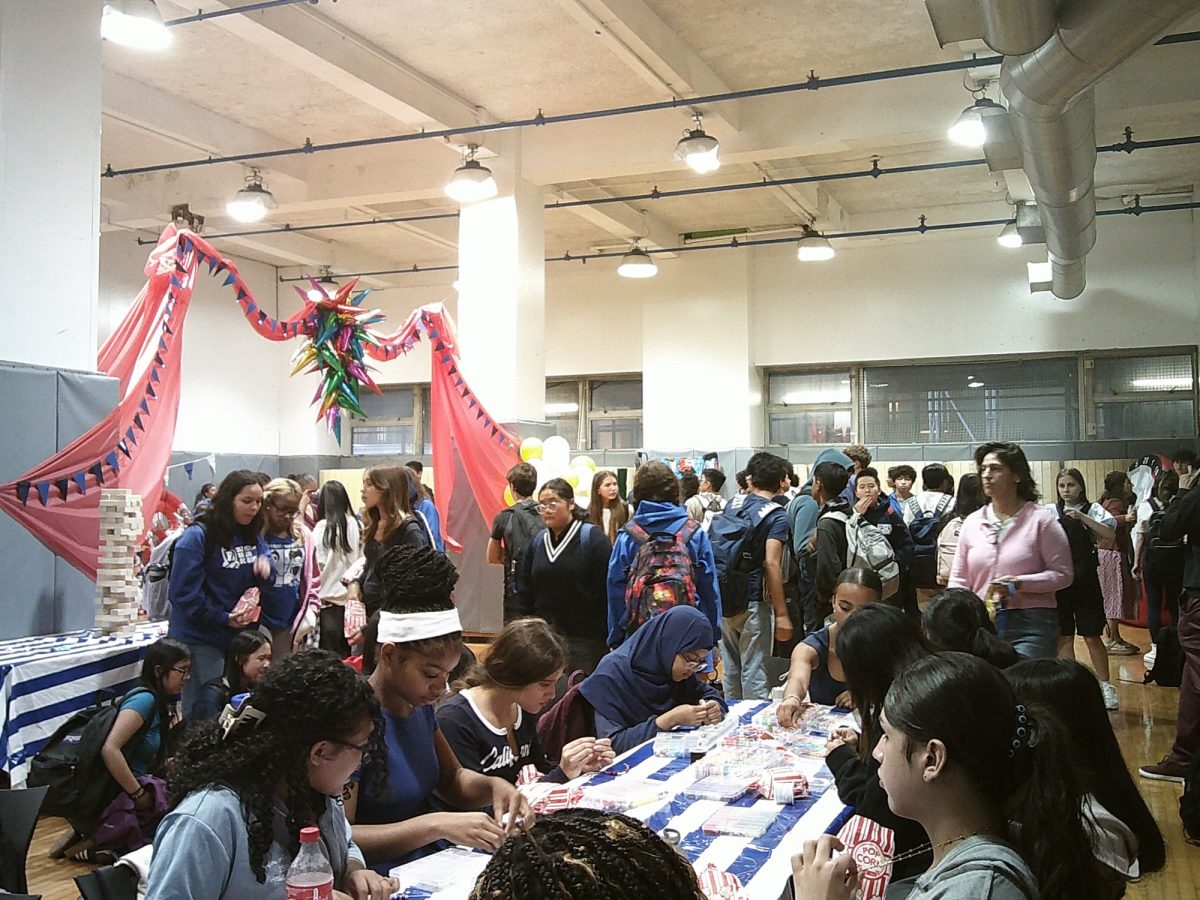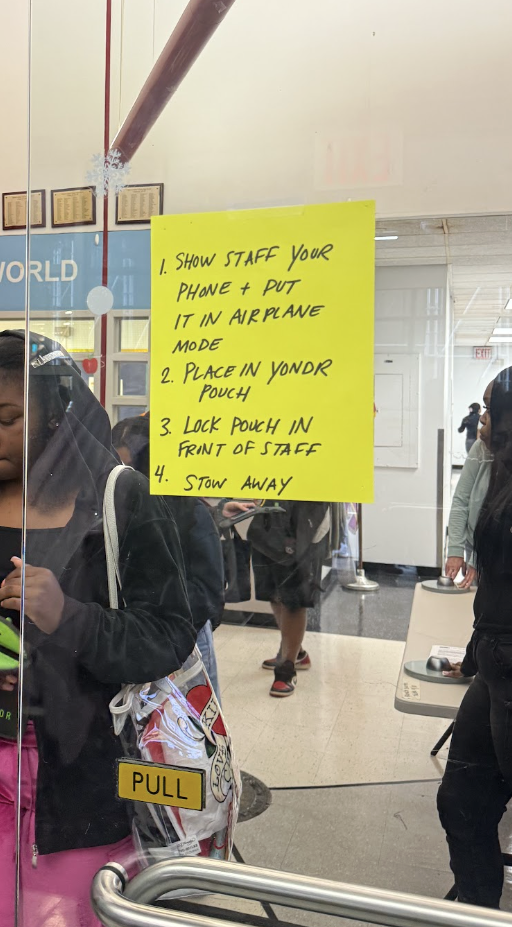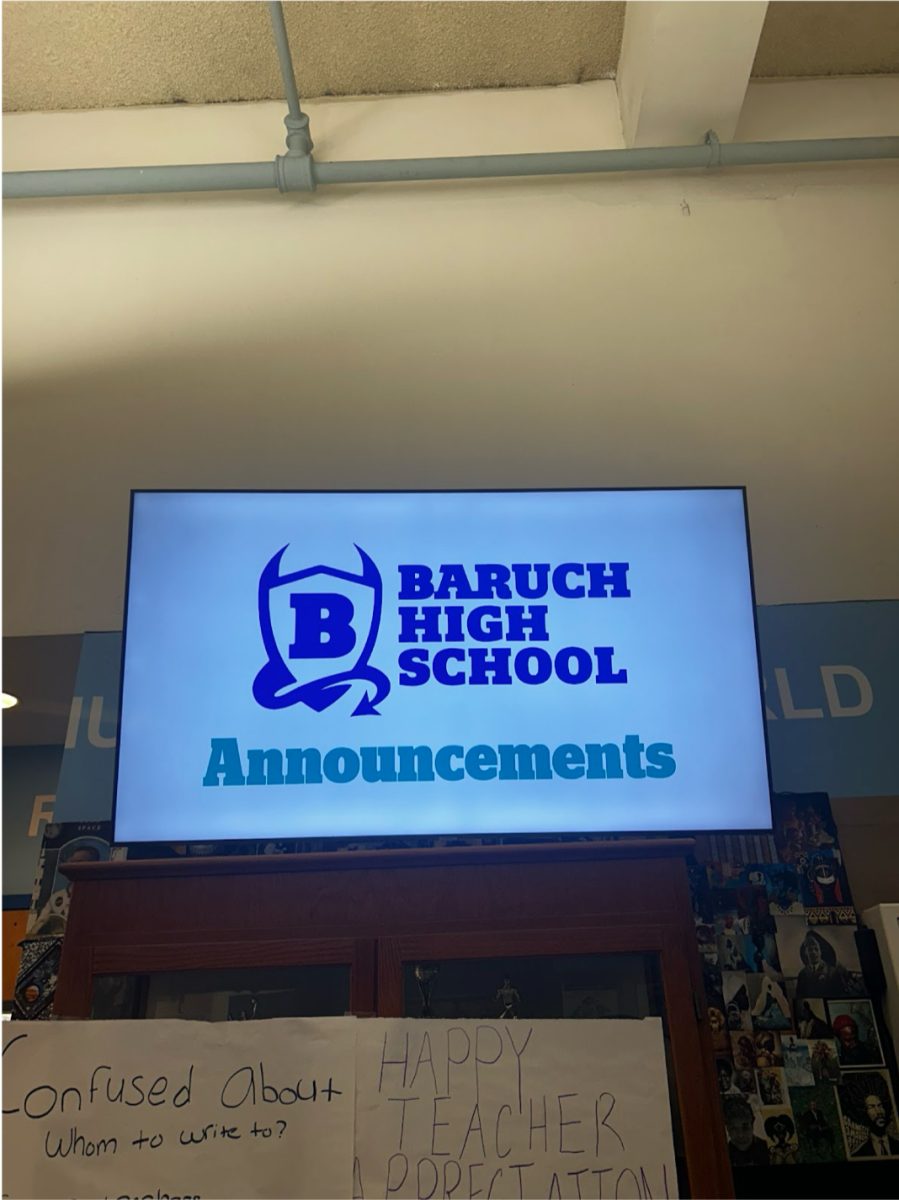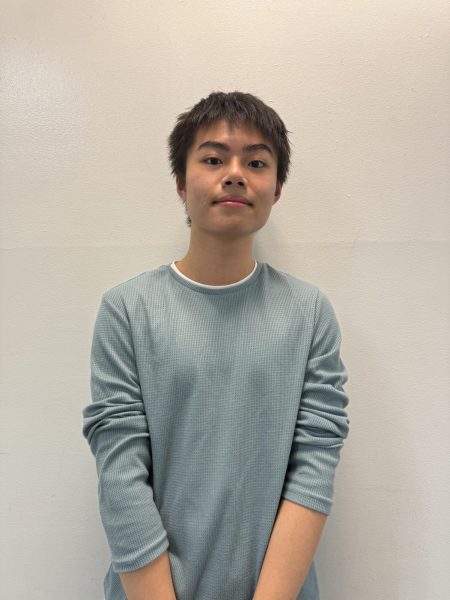Chemistry and physics are arguably the most important courses a student could take in high school. As introductory courses to the scientific community, this pair of classes is crucial to piquing the interest of any nation’s youth to advance the global technological frontier.
This was not the case until recently at BCCHS. Previously, Baruch had courses relevant to the environmental sciences: Earth science, Environmental science, AP Environmental science (APES). This is likely due to efforts made to combat climate change, a serious global issue that threatens the integrity of the environment for the near future. Though as of Sept. 2024, Baruch has shifted this curriculum towards the more popular arrangement of physics and chemistry.
In order to discover the reasoning behind this change, several staff members from the school were interviewed. One reason for this change from Ashley Grey, Baruch’s Science teacher, was that Baruch was following the example of other schools which already had their sophomores in physics and chemistry classes while Baruch had earth science and APES.
“Baruch needs to adapt to some of the changing programs happening in middle schools and high schools for science across the city.” she said
Another reason hypothesized by her was that while students from other schools already took core sciences such as chemistry, physics, and biology. Baruchians had not had that opportunity therefore, making the relatively difficult APES class more challenging than it’s supposed to be.
“What a lot of schools are doing, like my colleagues at brooklyn tech, the students who are in APES have already taken chemistry or physics, or biology before taking APES which is why they feel very ready to take it, which helps them out too to be their most ready to take a really hard science class,” said Grey.
“So I think that could have caused some of the shifting as well as trying to model what some other schools are doing to remain competitive,” she said.
Ceren Killic— the chemistry teacher— gave a similar response to Grey in that most ninth graders came into high school having already taken earth science, making it a redundant subject to retake, which is why admin changed it.
“I know that ninth graders were coming into our school having already taken earth science in middle school so it was decided by the admin that there was no need to offer earth science because you’d rather have them take more advanced science classes then give free periods. “ said Killic.
She believes that it is a wise choice that keeps the high school curriculum diverse as introducing chemistry in tenth grade, physics in eleventh and forensics in twelfth allows students to experience more science classes.
“It keeps the high school curriculum diverse, teaching tenth graders chemistry is a good idea, having them exposed to it earlier rather than waiting for eleventh grade,allows them to experience more science courses this way. “
When asked for their opinion on this development, physics teacher Sam Zimmerman and assistant principal Douglas Keijzer, said that they thought it provided more choice for seniors— previously the only science class provided for them was physics.
“ The thing it’s really trying to do is give seniors more choice in their science, because we’d often have one senior science which the seniors are stuck with so hopefully this gives more flexibility and gives seniors more choice,” said Zimmerman.
Furthermore, Zimmerman said how he has no opinion on this subject as he believes that physics is a subject that you can take in any grade.
“I don’t have a strong feeling about which grade physics is in. I think you can take it in any grade in high school and learn a lot, so I don’t have a problem with it being shifted out of twelfth grade.” he said.
Further information on the forensics course– a subject which many juniors took last year as an elective while seniors are taking it this year as their core science class– was mostly inconclusive from the science teachers. When asked about this topic the answer was inconclusive as none of the teachers interviewed actually had a process in this change.
Zimmerman weighed in on his thoughts regarding the shift in science classes.
“I think you should be able to take it as a core class, and I don’t see any problems with it… it’s fine taking an elective class as a core class [which] will make you delve deeper into the concepts,” said Zimmerman.
As someone more involved in the process, Keijzer provided a more detailed explanation for the machinations behind this development– specifically what options will be provided to seniors.
“We imagine in years ahead we’re able to offer more options in grade 12, one of which could be APES, one of which could be AP physics, we’re also looking at some other college level courses to teach in grade twelve, but that is like phase two, to phase three of the science restructuring at our school. “
Regarding Forensics, Keijzer gave a concluding statement about the status of science classes for rising seniors.
“No, you will have other science options when you’re a senior, you will have to because you cannot take the same course twice before juniors make their selections, like course preferences for senior year. “ he said.


